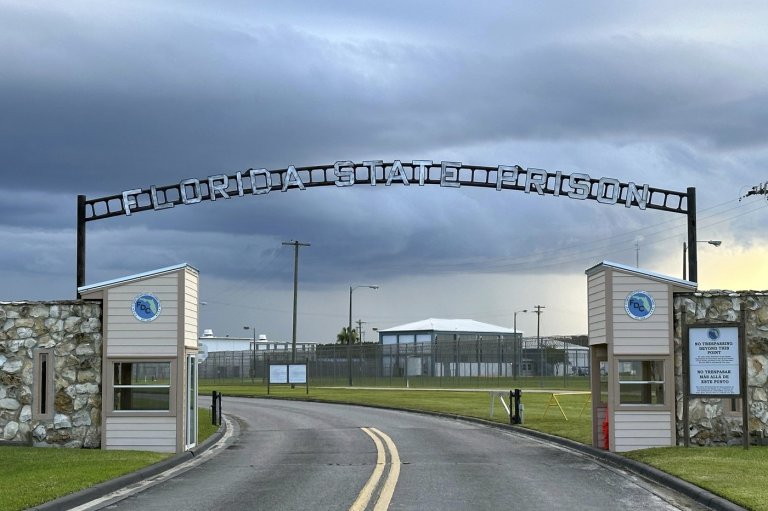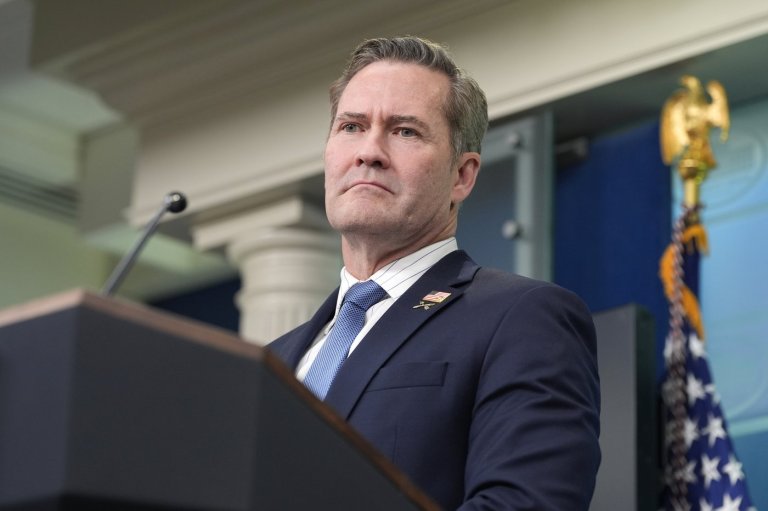Japan protests to Russia after man held on disputed island
TOKYO – Japan has protested to Moscow over the detention of a Japanese man visiting one of the disputed islands between the two countries.
Chief Cabinet Secretary Yoshihide Suga said Monday, however, the man’s situation would not affect a planned meeting in September between Japanese Prime Minister Shinzo Abe and Russian President Vladimir Putin.
The man was a translator for a Japanese group on a visa-free visit to Kunashiri, or Kunashir, island — part of the Kuril island group controlled by Russia and claimed by Japan. The man was stopped Sunday for undisclosed reasons after a baggage check, while his tour companions had returned to Nemuro on Japan’s northernmost island of Hokkaido.
Suga said the detention of a visa-free visitor on the Japan-claimed island is “extremely regrettable” and that he hoped the man was released as soon as possible.
Abe has been pushing for progress in the dispute over the Russian-held islands, called the Northern Territories in Japan and the southern Kurils in Russia. The row has kept the two countries from signing a peace treaty formally ending their WWII hostilities.
Russia is barred from the G-7 because of its annexation of Crimea in 2014, shelving Putin’s Japan visit for nearly two years. Abe wants to arrange Putin’s visit to Japan later this year.
Join the Conversation!
Want to share your thoughts, add context, or connect with others in your community? Create a free account to comment on stories, ask questions, and join meaningful discussions on our new site.












Leave a Reply
You must be logged in to post a comment.